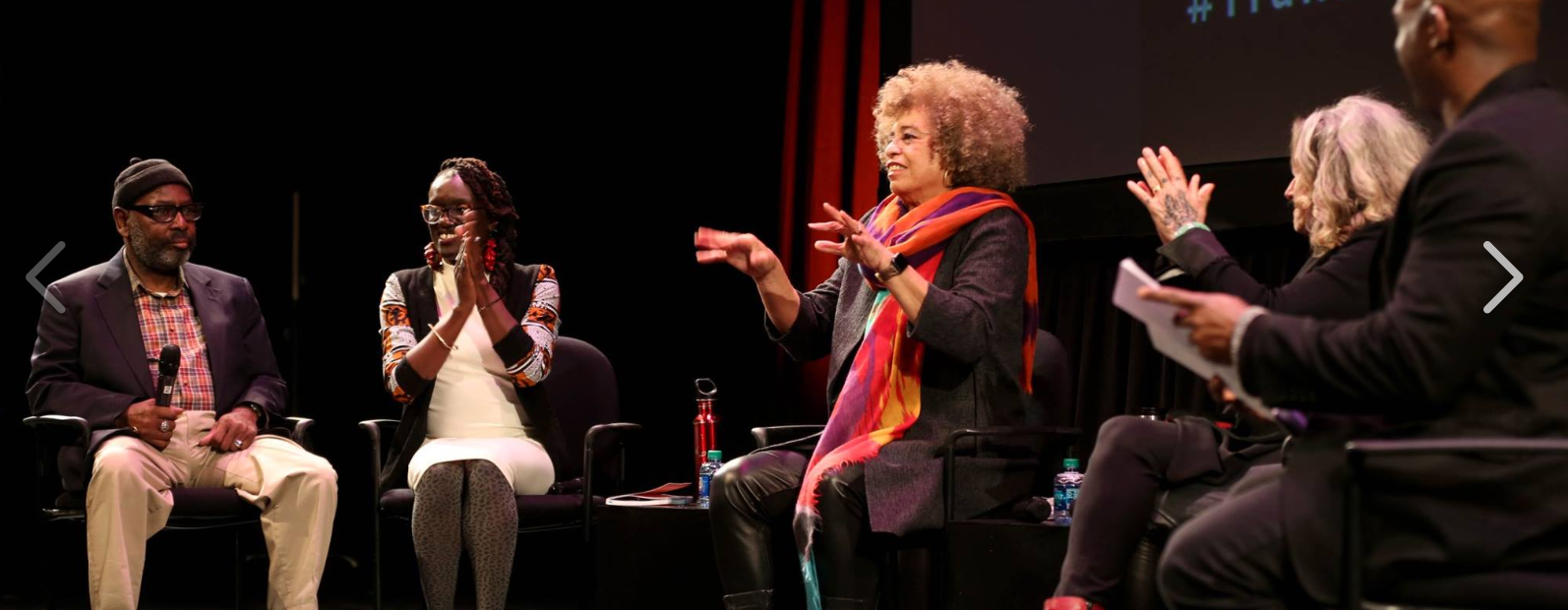
Justice Beyond the Punishment Paradigm (JBPP) is an initiative at the Center that seeks to end punishment and incarceration as the dominant response to violent offenses. We aim to promote prevention, safety, accountability, healing and repair, focusing on survivors and those who commit violence (often one in the same), and their communities. Persistent punishment does little to prevent violence, denies the capacity for transformation, and furthers policies of racist criminalization and exclusion. Communities most impacted experience substantial disinvestment as resources are used to criminalize and incarcerate, not prevent and intervene. We are in a remarkable moment of change and justice reform but addressing violence remains at the margins. Over half of people in state prisons are there for violent offenses, serving longer sentences than ever before, largely the result of sentencing and parole policies.
Confronting racism and poverty are central to our work. We know these disparities are caused by structural inequities in education, income, opportunities in housing and jobs, and over-criminalization of communities of color, which are often the root cause of violence. Yet there is no consensus as to how to develop a justice system that moves away from our ineffective punitive approach and toward a society that addresses root causes, accountability, healing, and safety. Responses to violence must attend to complex realities, and the needs of all parties impacted. Many victims’ rights advocates clamor for severe sentences and parole denials, but evidence shows these policies make us less safe and many survivors want something beyond punishment.
Through JBPP, and in collaboration with other movement leaders, we seek to:
- Transform the current narrative about the root causes of, and responses to, violence
- Change policy and practice around parole and long sentences
- Advance restorative and transformative justice approaches
JBPP is building on the growing push to shift the broader reform movement’s analysis, narrative, and approach to ending mass incarceration in which addressing violence and violent offenses are seen as critical to change. We hope to play a significant role in changing parole policy in New York State as well as supporting a national movement for parole reform and ending long sentences. Finally, JBPP will increase the capacity, practice, and visibility of restorative and transformative justice approaches, both in New York State and nationally.
Our methods for change include policy development and analysis, reports, convenings, public forums, trainings, leadership development, and national thought leadership.
